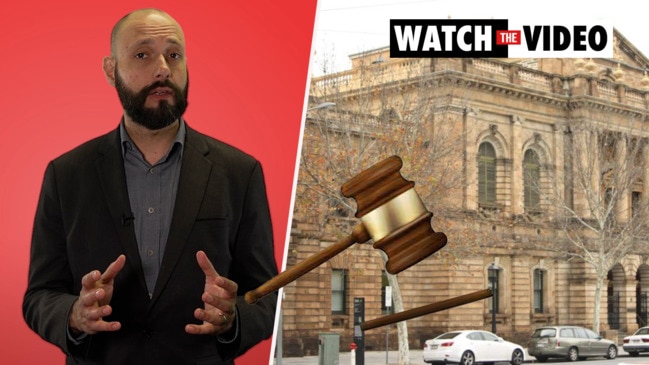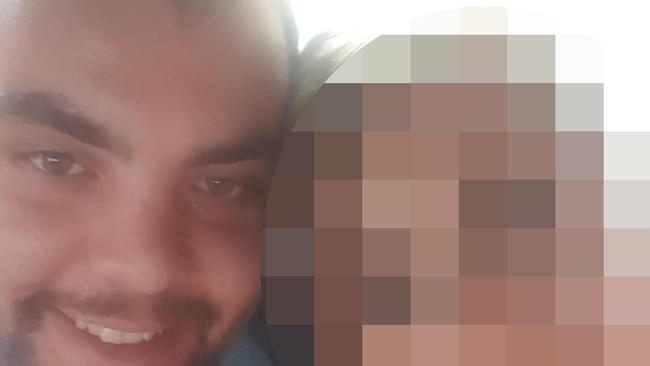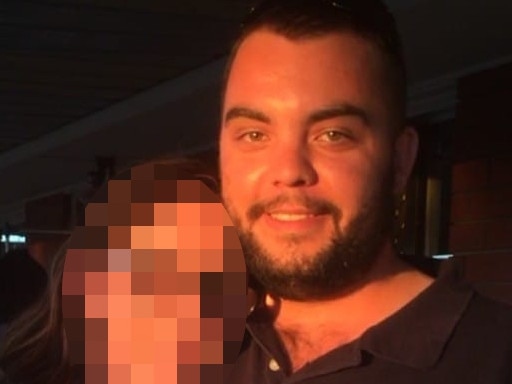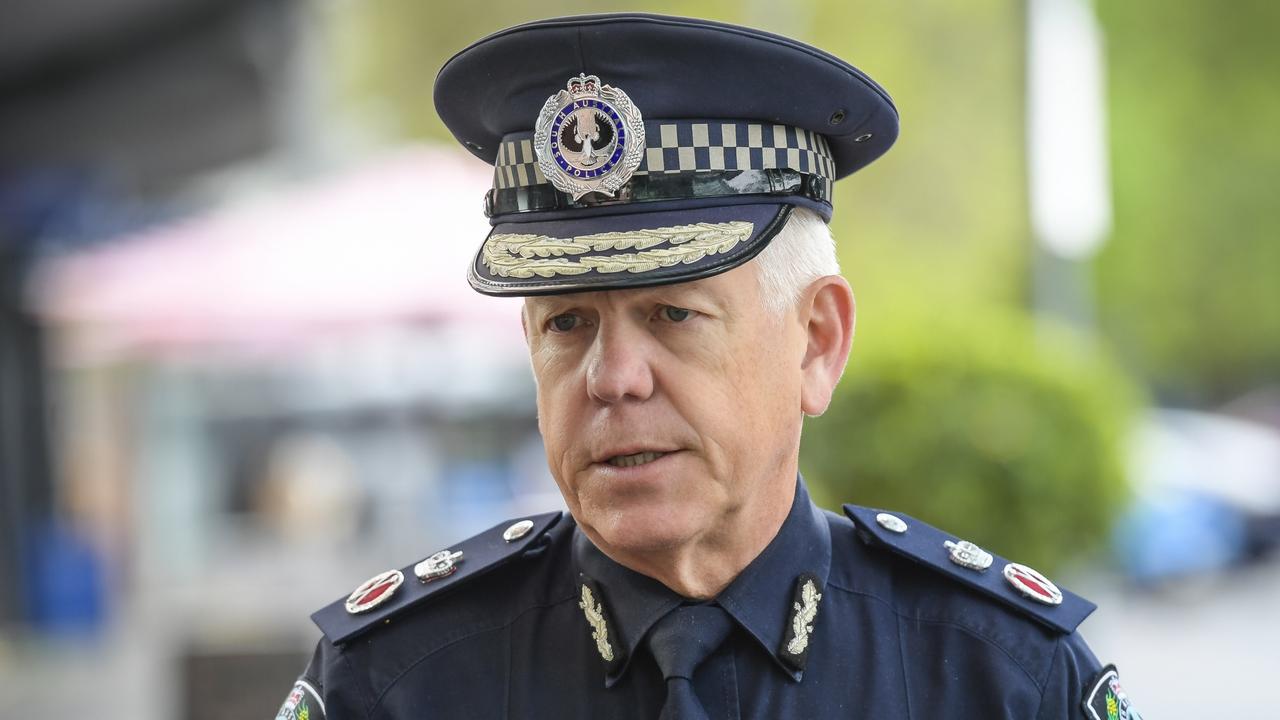Samuel Mark Narroway takes on Parole Board for refusing to release him
A conman serving time for impersonating a police officer to rip off unsuspecting motorists is challenging a Parole Board decision not to release him into the community.

Police & Courts
Don't miss out on the headlines from Police & Courts. Followed categories will be added to My News.
A serial conman who was jailed for impersonating a police officer and ripping off unsuspecting motorists with bogus fines has launched Supreme Court action to secure his release on parole.
Samuel Mark Narroway, 31, is seeking a judicial review of the Parole Board’s decision not to release him into the community because it deemed it was “unsafe’’ to do so.
In his application, Narroway, who is serving a five-year sentence for offences including wearing a police uniform unlawfully, false imprisonment and deception, contends the Parole Board has “not accepted I have succeeded in all avenues of rehabilitation’’ available within prison and further “clinical treatment of my trauma and mental health is not available in a custodial setting”.
Narroway was sentenced in the District Court in 2020 to four years jail with a non-parole period of two years and eight months after being convicted of impersonating a police officer three times in a 24-hour period in 2019 to obtain money. In one incident, he managed to convince a victim to withdraw $290 cash to pay a bogus fine.

At a Parole Board meeting on February 10 last year, Narroway’s release date was set as May 6, but on February 25 he was sentenced for additional offending and on March 8 the parole Board revoked its decision because of his additional sentence.
He was invited to reapply for release, which he did on March 9 last year but at its meeting on August 2, the board decided not to release him into the community because he was still unsafe.
“The board did not address or take into account any rehabilitation efforts to date to support my progression,’’ his affidavit states.
“The board says I am unsafe. I vigorously repute that and say I am more safe than ever in my crime-free rehabilitated state and that can’t be proved from behind bars.
“Keeping someone locked away will never actually ‘fix’ the problem, if a problem exists.’’
While incarcerated, Narroway has been studying religion and theology and has obtained a certificate in Christian ministry and theology.

Narroway has also launched Supreme Court action against the Department for Correctional Services for refusing to allow the delivery of religious letters and literature.
In his affidavit, he states he received such material from mid-2019 to mid-2022 “without issue or concern’’.
He states that in mid-2022, Correctional Services changed its policy to declare religious material as “prohibited items’’ unless approved by the prison chaplain.
“The only religious material the applicant has never had issues with is mail from Crossroads Prison Ministries,’’ he states.
“There is no law within Australia that states a person (or prisoner) cannot profess or practise their faith,’’ he states.
“Refusing incoming mail because it contains religious materials is discrimination and refusal of ones rights for freedom of religion … impeding this is an offence enforced by law in human rights.’’




